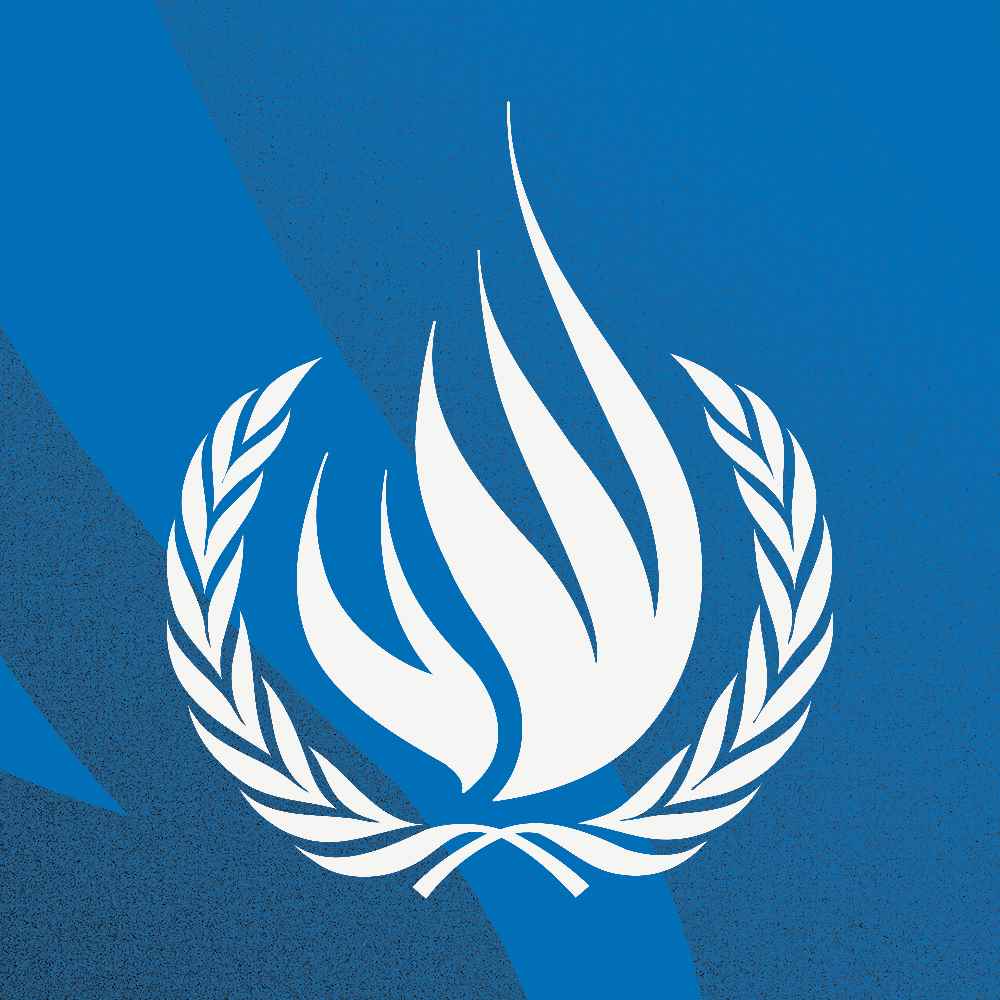
New York (23 May 2022) – UN Assistant Secretary-General for Human Rights Ilze Brands Kehris today concluded a two-day working mission to the Ethiopian capital, Addis Ababa, following her first official visit to South Sudan from 17 to 19 May.
“Promoting and protecting human rights in South Sudan will help reduce violence and pave the way for political stability, peace and development, including by providing opportunities for young people and future generations,” Brands Kehris said at the end of her visit.
In Juba, she met the First Vice President and other government officials, including the acting Minister of Foreign Affairs, and the Ministers of Justice and the Minister of Defence. Ms. Brands Kehris also met with representatives of civil society, the United Nations Mission in South Sudan (UNMISS) and the UN Country Team, the South Sudan Human Rights Commission, the Intergovernmental Authority on Development (IGAD), the Joint Monitoring and Evaluation Commission (RJMEC), the African Union (AU) and other local and international partners. The visit was an opportunity to reiterate the support of the United Nations to the people and Government of South Sudan in achieving peace and justice.
In the town of Yei, the Assistant Secretary-General engaged with local authorities, civil society organisations, humanitarian actors, and religious leaders. In addition, she visited a site for internally displaced people and a centre for the treatment of survivors of sexual and gender-based violence.
“I came to South Sudan to hear about the human rights situation first-hand from interlocutors on the ground, particularly regarding conflict-related sexual violence, accountability, impunity, transitional justice, as well as apparent shrinking civic and political space,” Brands Kehris said.
She spoke with civilians who are facing insecurity, including subnational conflicts and violence, especially clashes between farmers and cattle herders, targeted attacks and other human rights violations perpetrated by both the government security forces and armed groups.
“Throughout my visit, I could see that impunity for human rights violations remains one of the main obstacles to peace in South Sudan,” the Assistant Secretary-General stressed. “Accountability for ongoing and past violations, together with their unequivocal public condemnations by the authorities, is critical to deter future human rights violations,” she added, noting that prevalence of sexual violence, including conflict-related sexual violence, should be a top priority for the Government.
“In this regard, transitional justice mechanisms, which include both accountability and reconciliation mechanisms, are essential to help the country move forward,” Brands Kehris said.
While welcoming the beginning of consultations for the Commission for Truth, Reconciliation and Healing (CTRH), she stressed the need for them to be fully inclusive. “Only meaningful public consultations, including all parts of society and providing safe space for expressing diverse views, will lead to results that adequately represent the views of the South Sudanese people,” Brands Kehris stressed.
The humanitarian situation of South Sudan remains extremely serious, with up to 80% of the population in need of humanitarian aid and all indicators pointing towards a deteriorating food security crisis.
The Assistant Secretary-General voiced extreme concerns at the risks faced by aid workers. “Attacks against humanitarian workers are not only inacceptable human rights violations, they may also lead to catastrophic consequences for the country if humanitarian organizations assess that it is no longer safe for them to work in South Sudan,” she warned.
The Assistant Secretary-General was deeply disturbed to hear about consistent signs indicating a shrinking civic space, including press censorship, closure of media institutions, as well as arbitrary arrests and illegal detention of members of civil society organizations and human rights defenders, especially in a context of uncertainty regarding the upcoming elections.
“Respect for freedom of opinion and expression and a safe and enabling civic space are essential to guarantee free, fair, peaceful and credible elections,” she added.
From Juba, the Assistant Secretary-General travelled to Addis Ababa in support of the East Africa Regional Office (OHCHR)-EARO and of the UN-AU partnership. She engaged with key interlocutors on issues related to human rights, peace and security, including in connection with the African Union, European Union and UN joint project for the enhancement and operationalization of the African Union Compliance and Accountability Framework for international human rights and humanitarian law and conduct and discipline standards.








